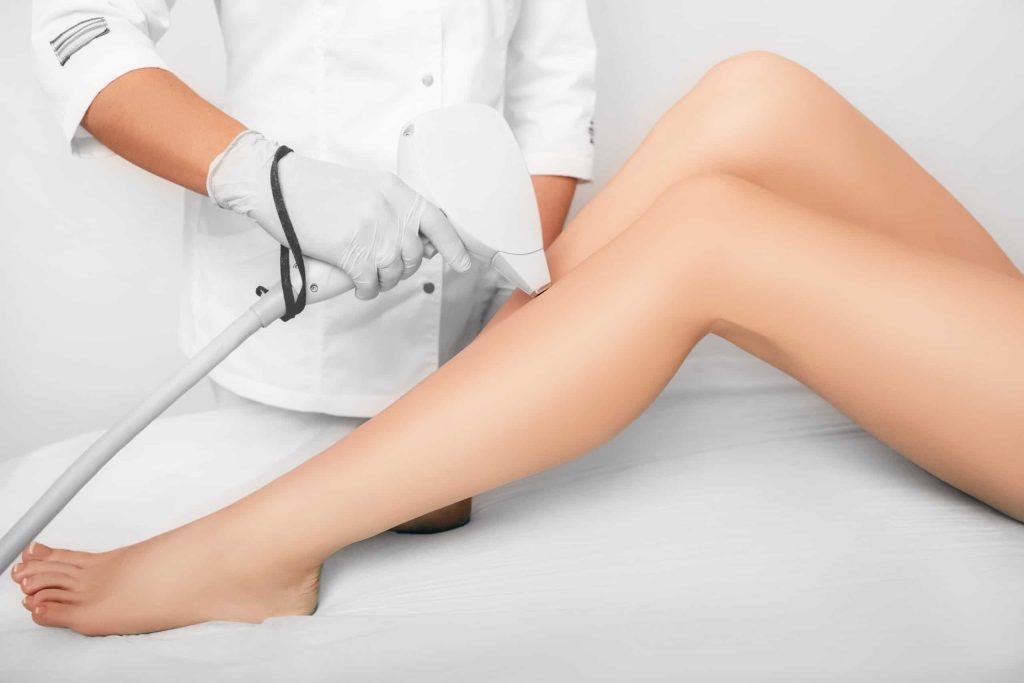Combatting acne effectively involves a multifaceted approach that addresses both the underlying causes and visible symptoms of breakouts. A consistent skincare routine is foundational, starting with gentle cleansing twice daily to remove excess oil, dirt, and impurities without stripping the skin’s natural moisture. Opting for non-comedogenic cleansers ensures pores remain clear and reduces the risk of new breakouts. Following cleansing, toning with alcohol-free products containing ingredients like witch hazel or salicylic acid helps balance oil production and tighten pores, preparing the skin for targeted treatments. Incorporating acne-fighting ingredients such as benzoyl peroxide or salicylic acid in topical treatments directly targets acne-causing bacteria and reduces inflammation. Benzoyl peroxide works by killing bacteria on the skin’s surface and within pores, effectively treating existing blemishes and preventing new ones from forming. Salicylic acid, a beta hydroxy acid, penetrates pores to dissolve oil and dead skin cells, preventing clogging and promoting clear skin. For those with sensitive or dry skin, products containing sulfur or tea tree oil offer gentler alternatives that effectively combat acne.

Sulfur helps absorb excess oil and exfoliates dead skin cells, reducing the appearance of blemishes and preventing future breakouts. Tea tree oil possesses antibacterial and anti-inflammatory properties that soothe redness and irritation while targeting acne-causing bacteria. Regular exfoliation with gentle scrubs or chemical exfoliants like AHAs alpha hydroxy acids and BHAs beta hydroxy acids unclogs pores, removes dead skin cells, and smooths skin texture. This process reduces the likelihood of pore blockages and encourages cell turnover, promoting clearer, healthier skin over time. However, caution should be exercised to avoid over-exfoliation, which can exacerbate acne and cause skin irritation. Hydration remains essential even for acne-prone skin. Lightweight, oil-free moisturizers or gel-based formulations maintain skin balance without clogging pores. Ingredients like hyaluronic acid help hydrate skin without adding excess oil, providing essential moisture while maintaining a matte finish. Sunscreen is crucial in acne management, as some acne treatments increase skin sensitivity to UV rays.
Choosing non-comedogenic, broad-spectrum sunscreens with SPF 30 or higher ensures adequate protection without exacerbating breakouts. In cases of persistent or severe acne, consulting a dermatologist is advisable. They can prescribe medications like topical retinoids or oral antibiotics to address underlying causes and reduce inflammation. Oral contraceptives may be recommended for hormonal acne, regulating hormone levels and improving skin clarity over time. In severe cases, isotretinoin Accutane may be prescribed to effectively reduce oil production and prevent acne recurrence. Maintaining a healthy lifestyle through proper diet, regular exercise, and stress management also contributes to overall skin health. Avoiding excessive touching or picking at the skin, which can spread bacteria and worsen breakouts, is crucial. By implementing a comprehensive skincare regimen tailored to individual skin needs and consulting with a dermatologist when necessary, individuals can effectively combat acne and achieve clearer, healthier skin.


